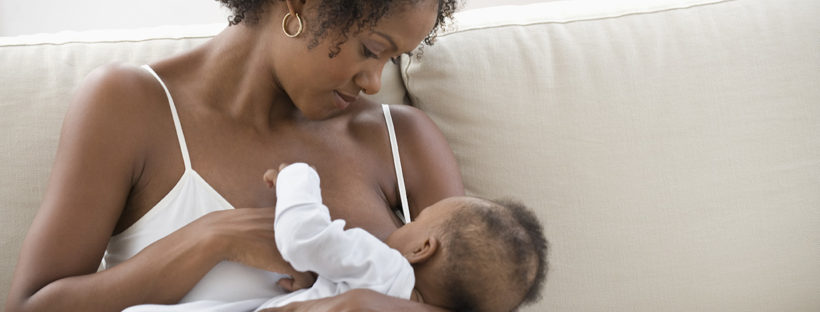An open letter to all the moms, soon to be moms or family supporting moms!
On December 31st, 2011 I gave birth to a beautiful baby girl! It was something I had dreamed about for so long. I remember the day after she was born crying on the phone with my midwife because I was so overwhelmed. She was so little and I didn’t really know what to do.
Being a little overwhelmed is common, medical specialists call it the baby blues. Post-birth, most moms (as many as 85%!) experience some form of the baby blues. This could be feeling irritable, exhausted, needing to cry for no reason or worrying that you won’t be a good mom.
I did not have that. I had something that damn near sucked the life out of me.
Once we returned home from the hospital, I rarely got off of the couch for 30 days. I got up to feed the baby and change her…I didn’t even eat. I remember just feeling so weird. Everything was robotic. Must feed baby, must change baby…I don’t even remember enjoying any of it.
I remember my husband picking me off of the couch giving me a hug and saying babe, you do not smell good…I am going to take you to the shower. He literally stripped me down and put me in the shower and helped wash me. Many times with post-partum depression (PPD) the mom is too tired to notice the symptoms, and it is a husband, partner, a family member or friend that shares that something just isn’t quite right. I am thankful for my supportive system every day.
One night I was so tired that I actually Googled how many sleeping pills I could take without dying. I didn’t want to die, but I did want to be pretty close so that at least I would sleep for a few days. I literally had a bunch of pills laid out on the ottoman. I started to down them and then I thought. What if I am unconscious and she starts crying?! Nobody will hear her. I didn’t want her to cry and not have help. So I begged God to let me fall asleep and I threw the pills away. She saved my life.
Then the paranoia set in. I started to think that something very terrible was going to happen. So I started to place emergency items around the house. Things I would need to run away with. I made sure not to be too obvious because I didn’t want my husband to be on to me. One day he left to go to the store. I remember it so clearly, “babe I’m running to the store be back in a few.”
He stepped out of the house and I threw all of my emergency items in a bag, grabbed the baby and ran.
My grandpa was staying in a nursing home at the time and I knew nobody would look for me there so I went to his house and I hid out. I had NO contact with the outside world for days. Yes, I kidnapped my own child because at this point I was pretty unstable.
My husband and best friend were texting like crazy. Finally about ten days in I received a message from best friend which said, “I love you, but right now I have to love your baby more and I will call the police because I know you need help.” I finally told her where I was but begged her not to come. She sent a family friend who is a nurse to see me.
The nurse showed up and told me I had postpartum depression. I had no idea that 15% of new moms experience PPD which is way more intense than the blues, and encompassed so many of the things I was feeling and thinking. But at the time I didn’t know any of that, all I knew is that I just wanted to disappear. I hated everything, I couldn’t function and I was mad that I wasn’t connecting with such a precious little baby.
I never wanted to hurt my baby but I know many women who suffer from PPD do, and I would be lying if I said that I never wanted to hurt myself.
I don’t even remember when I started feeling better. There is so much about that time that scares me, so much more that I could share, but even writing about it makes me feel horrible. It’s a place I NEVER want to return to, and I would NEVER wish it upon anyone.
There were periods of time where I felt that I was bordering on insanity.
Follow the rest of my story in my Part 2 post publishing October 9th – National Depression Screening Day. Take care of yourself!
 Danni Starr
Danni Starr
Danni Starr works daily as co-host of the nationally syndicated “The Kane Show.” Danni fell in love with radio at 19 and 11 years later, she still considers it her first true love. As a Mother and wife Danni is the “Den Mom” to the show & offers open, honest, opinions and advice.
The above story is adapted from Danni’s original post: https://www.facebook.com/notes/danni-starr/take-a-walk-in-my-postpartum-shoes/572481839449596
Get Support
Postpartum Support International: 1-800-994-4773 or postpartum.net
National Postpartum Depression Hotline: 1-800-PPD-MOMS
References and Learn More at
AWHONN’s Mood and Anxiety Disorders in Pregnant and Postpartum Women Position Statement








